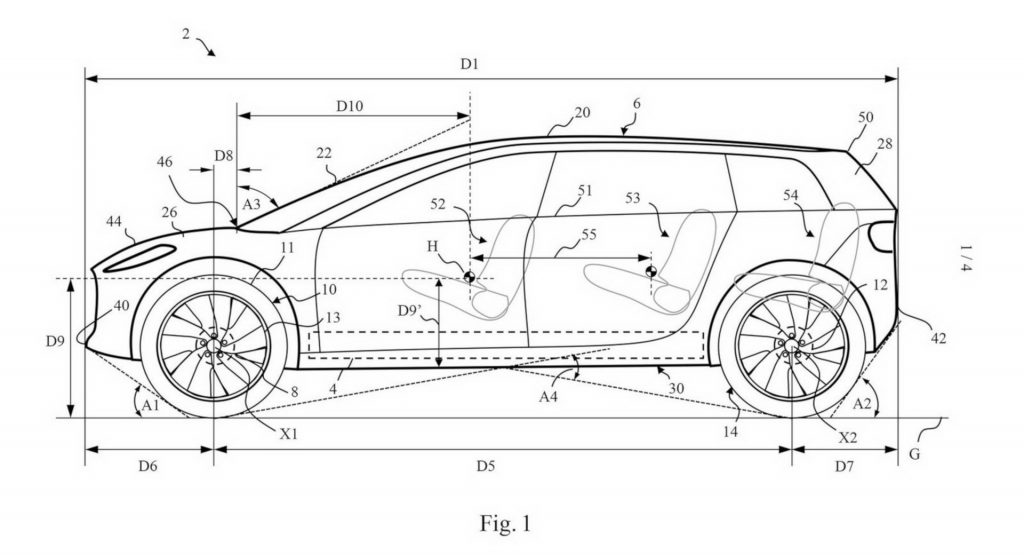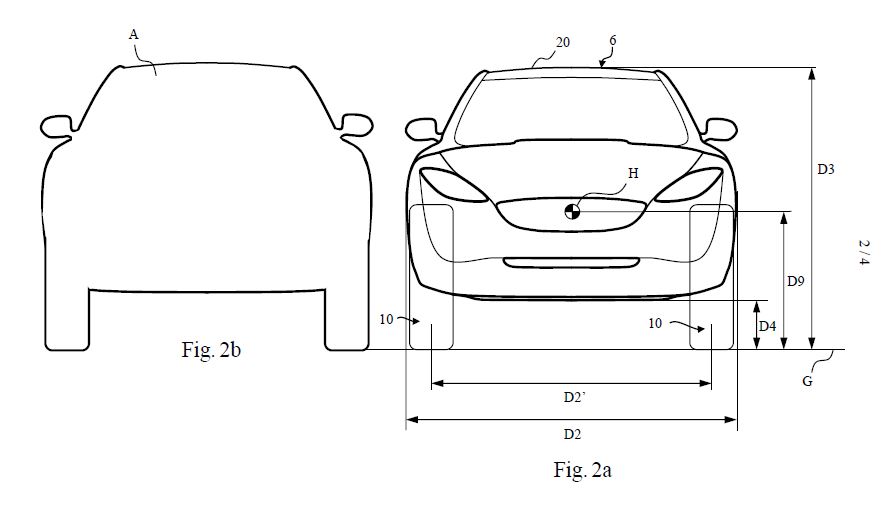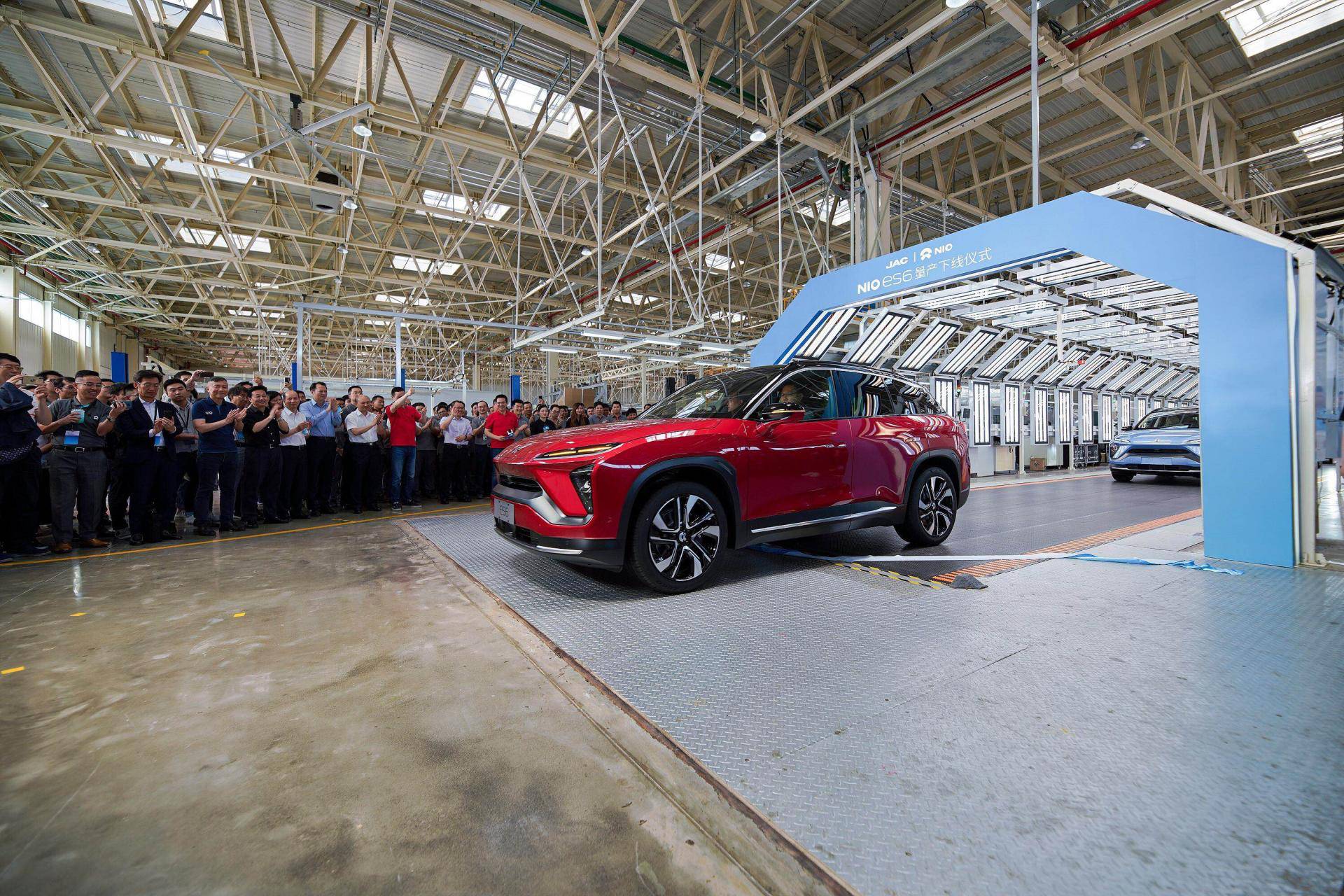There are so many electric vehicle startups, it’s hard to keep track of them all. However, many have one thing in common – a tendency to overpromise and underdeliver.
We’ve seen this time and time again as companies such as Faraday Future struggle to stay afloat, let alone launch their oft delayed FF91. Even established automakers such as Tesla struggle to meet deadlines and make a profit.
This has some in the industry wondering if Dyson’s decision to abandon their electric vehicle program will serve as a wake-up call. The company had spent years working on an electric vehicle which founder James Dyson said would have been “fantastic.”
Also Read: Dyson Cans Electric Car Project, Says It’s Not Commercially Viable
However, the realities of becoming an automaker hit the company hard and Dyson said “We simply can no longer see a way to make it commercially viable.” To make matters worse, Dyson couldn’t find a buyer for the project which is interesting given the number startups that could have potentially benefited from all the work and development that went into the vehicle.
Of course, it’s not hard to understand the challenges Dyson was facing. It’s easy to announce plans to build a vehicle, but it’s significantly harder to actually make one. Vehicles require years of design, development and testing, and that’s just the start. Companies also need to setup a supply chain, a dealer network and a production site (or contract it out to someone else). All of this requires a massive investment and it’s estimated Dyson would need to shell out billions.
Even when new automakers get everything setup and launch a vehicle, there’s no guarantee there will be enough demand to justify the effort. As traditional automakers embrace EVs, there’s going to be increased competition and this is going to make it harder for startups to stand out and thrive.
Bloomberg noted this is even a problem in China which is the largest market for electric vehicles. Despite pre-existing demand, companies such as Nio and Zotye have struggled. The publication also spoke to analysts from Bernstein who said most electric vehicle startups will likely fail as “barriers to entry in autos remain high” and “making cars is hard.”










